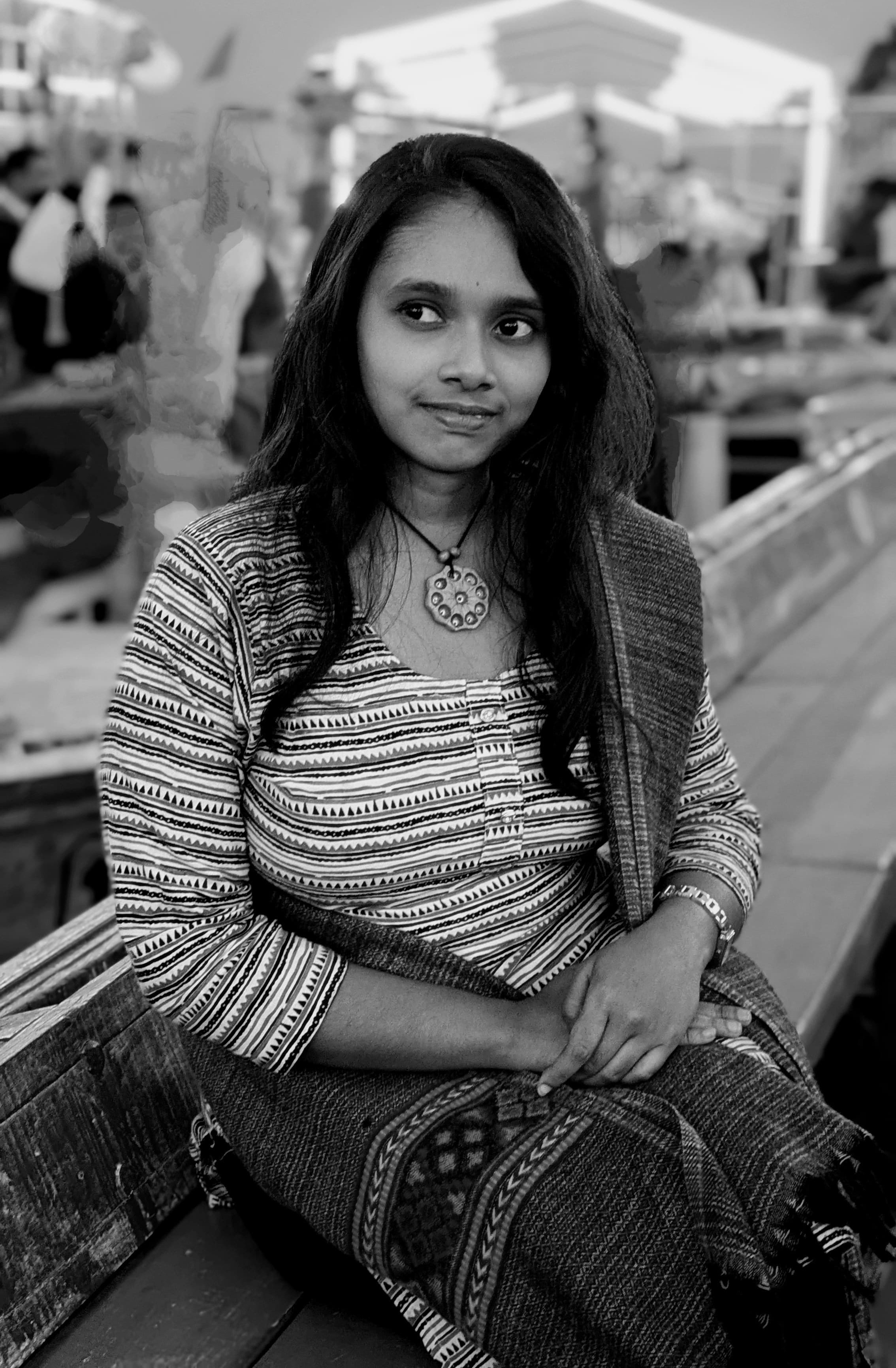About Oral Archives
The establishment of an oral archive of marginalized peoples from around the world represents a vital step in preserving their histories and cultural heritage. This archive will serve as a repository for the voices, stories, and experiences of individuals and communities that have been historically marginalized or excluded from dominant narratives. By collecting oral histories across various stages of life and socio-political contexts, we aim to create a rich tapestry of lived experiences that reflect the diversity and resilience of these communities. This initiative not only honours the personal and collective narratives of the marginalized but also facilitates scholarly research, fostering a deeper understanding of their contributions to society. Through this oral archive, we aspire to ensure that these voices are not only heard but also recognized as integral to the broader historical landscape.
Furthermore, this oral archive will serve as a dynamic platform for interdisciplinary research, bringing together historians, anthropologists, sociologists, and linguists to engage with marginalized voices in a meaningful way. By documenting oral histories in native languages and dialects, we aim to preserve the linguistic and cultural nuances that are often lost in written records. This approach challenges the conventional reliance on textual sources, emphasizing the legitimacy of oral traditions as valuable historical evidence. Additionally, the archive will incorporate multimedia elements such as audio recordings, video interviews, and transcriptions, ensuring accessibility for diverse audiences, including researchers, educators, and community members.
In collaboration with local communities, scholars, and activists, the project will follow ethical guidelines that prioritize the agency and consent of the participants. Rather than extracting narratives for academic purposes alone, this initiative will work towards community-driven storytelling, where the subjects of the archive play an active role in shaping how their histories are recorded and represented. This participatory model ensures that the archive is not just a collection of voices but a living, evolving space where marginalized communities reclaim their histories and assert their identities. Ultimately, this effort seeks to dismantle historical silences, fostering inclusivity in historiography and amplifying the perspectives that have long been overlooked or erased.
Speakers
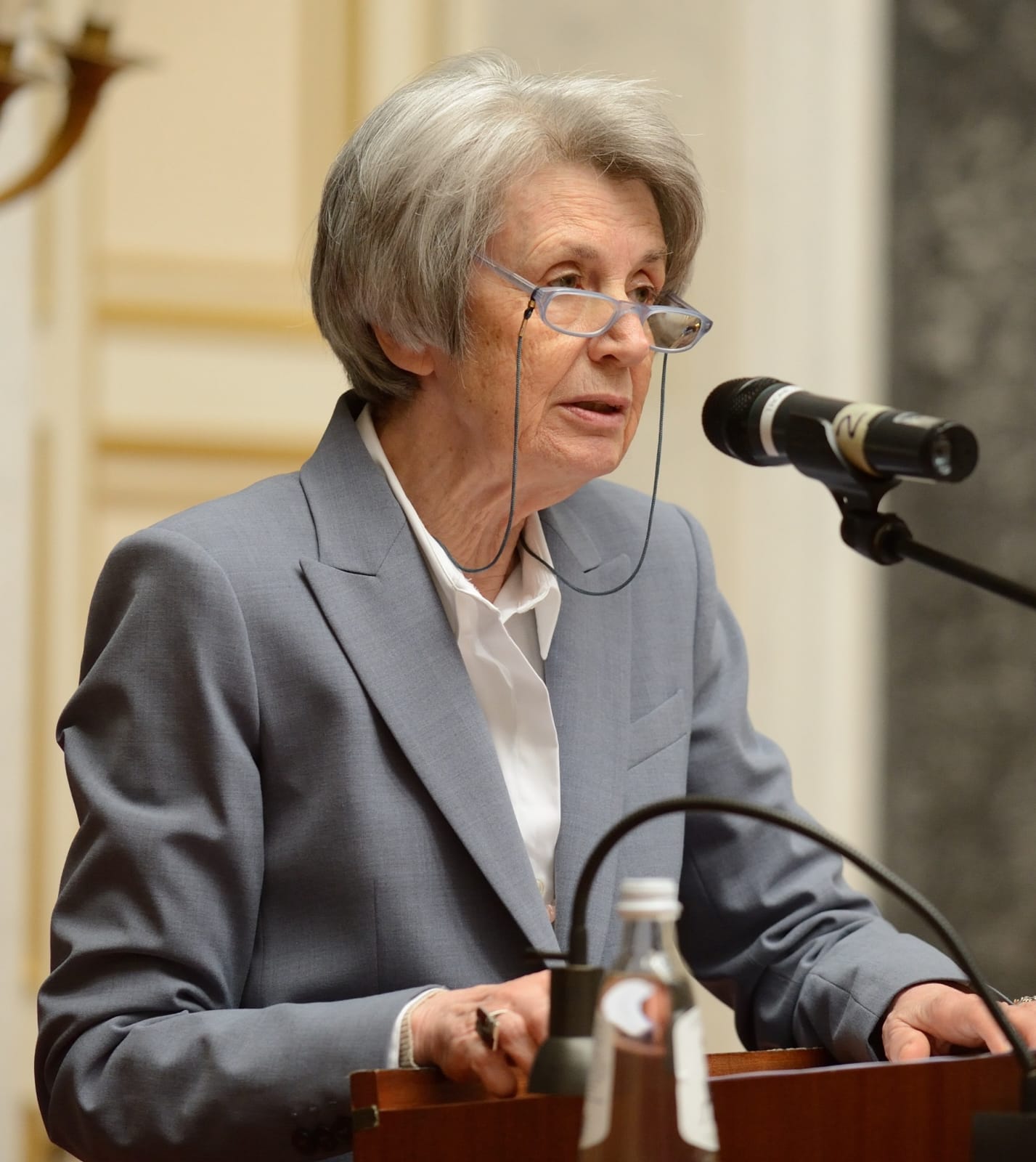

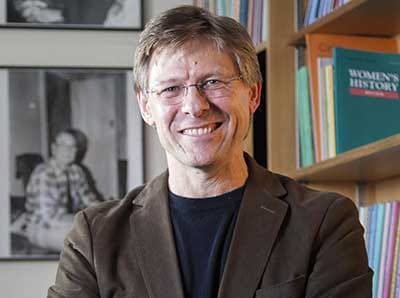



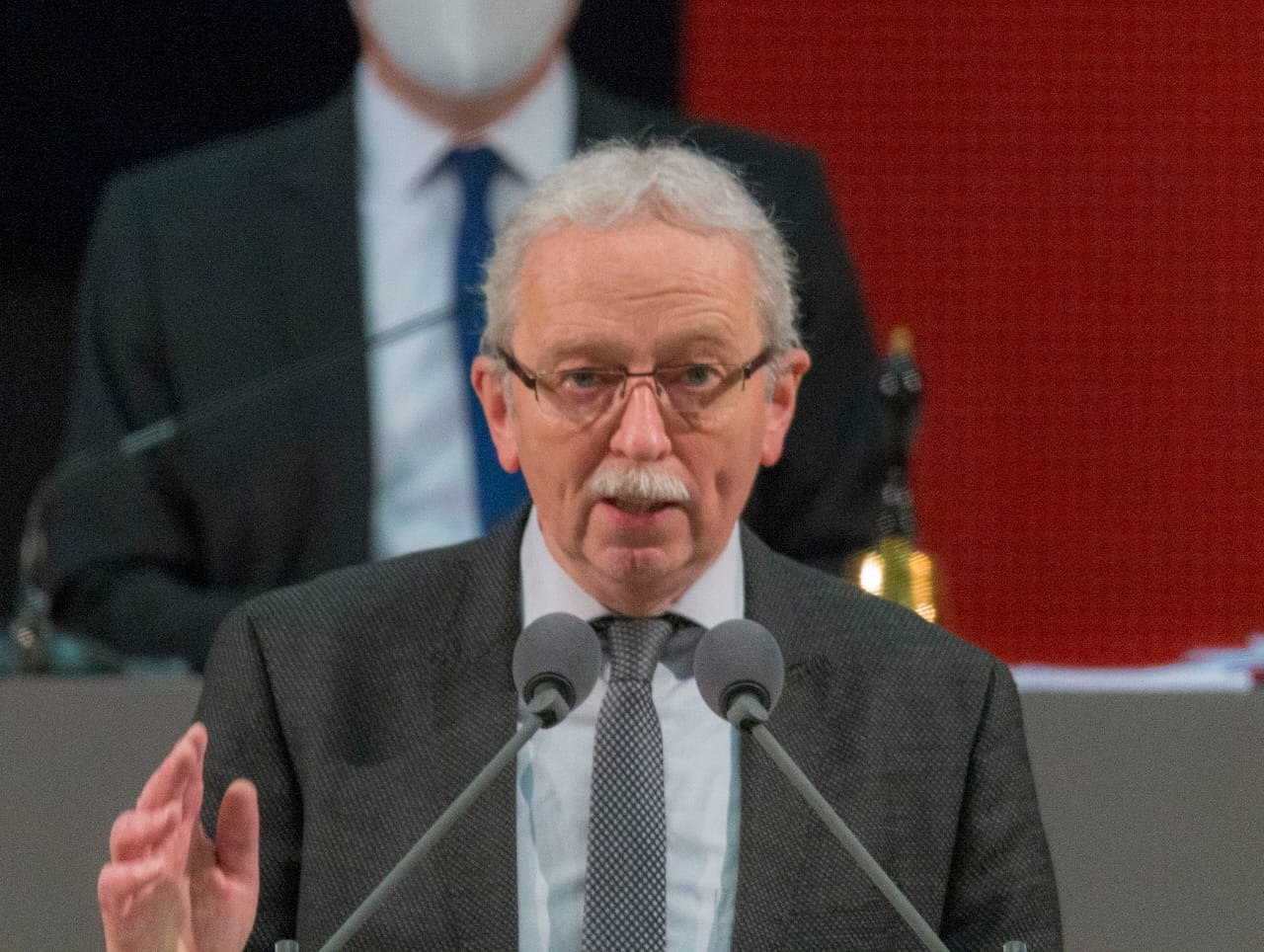
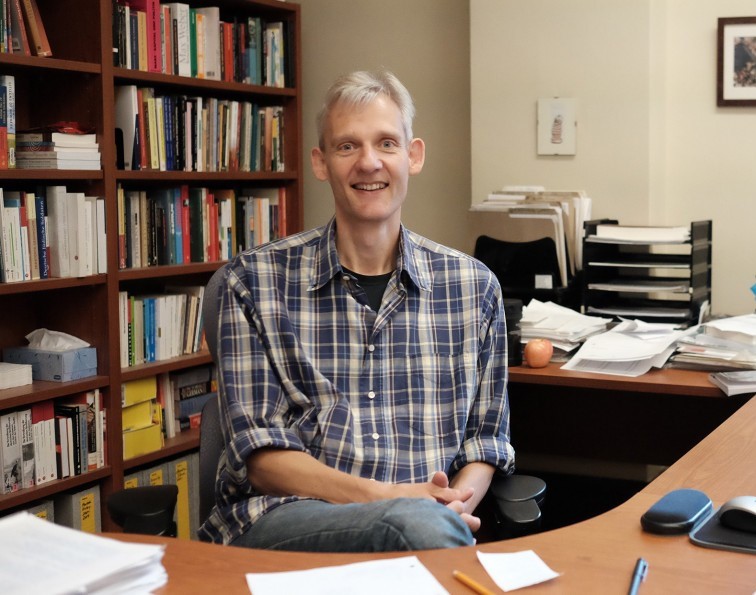








Echos from the Margins :
Our primary motive in establishing this oral archive is to challenge the dominant historical narratives that have systematically erased or misrepresented the voices of marginalized communities. We believe that history should not be confined to the perspectives of the powerful but should reflect the lived experiences of those who have been subjugated, silenced, or rendered invisible. By documenting their stories, struggles, and cultural expressions, we seek to create a counter-narrative that reclaims agency for these communities. This initiative is not merely about preservation but also about empowerment—ensuring that future generations inherit a more inclusive and multifaceted understanding of history. Through this archive, we aspire to bridge the gap between academia and grassroots realities, fostering a historiographical approach that is both ethically responsible and socially transformative.
Our approach is deeply influenced by Gayatri Chakravorty Spivak’s concept of the subaltern and her famous question, Can the Subaltern Speak? Spivak argues that marginalized communities, particularly in postcolonial societies, are often denied agency in dominant discourses, and when their voices are represented, they are filtered through elite perspectives. This archive, therefore, seeks to counteract the epistemic violence that has historically silenced these groups by providing them with a direct platform to articulate their histories on their own terms. By embracing a decolonial methodology, we aim to move beyond merely recording voices—we seek to amplify and validate them as legitimate sources of knowledge. In doing so, we align with the broader goals of postcolonial historiography, which demands a fundamental rethinking of whose histories are told and how they are constructed.
Write to Us
voicesfromtheperiphery@gmail.com
If you wish to join us in building this oral archive, we warmly welcome you to our vibrant community of storytellers, scholars, and change-makers. Together, let’s reclaim and preserve the voices that history has long overlooked.
×
![]()


